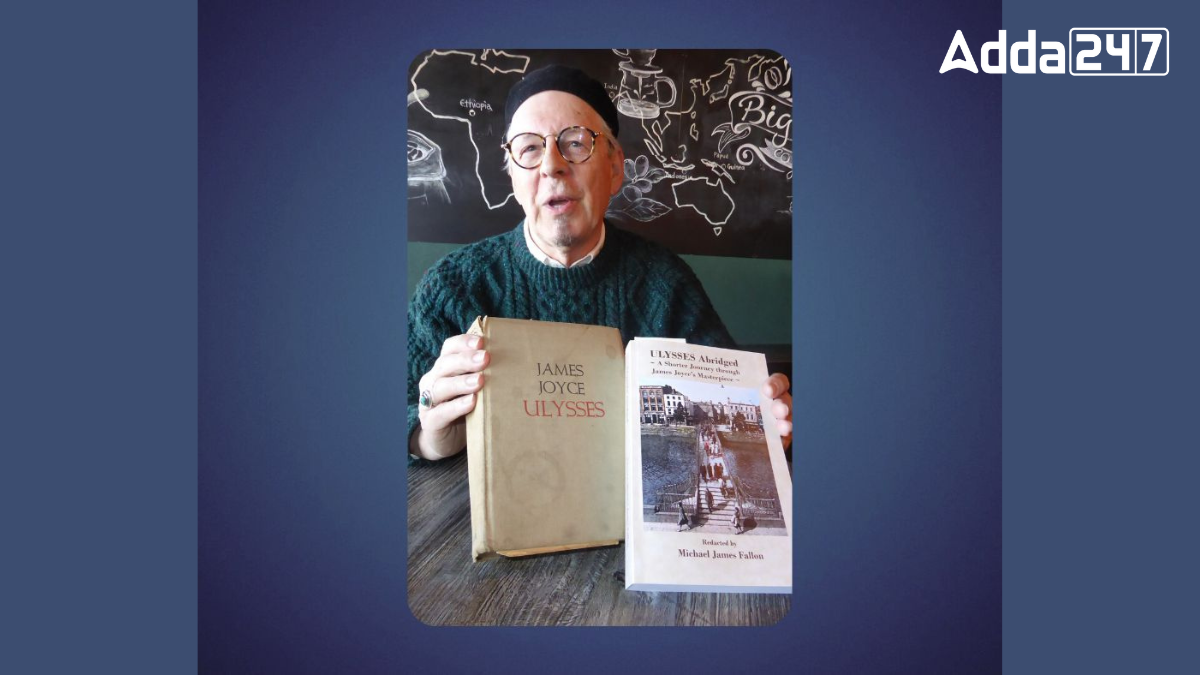Books are vessels of knowledge, imagination, and culture, and among them, James Joyce’s Ulysses stands as a monumental work in literary history. This article explores the authorship of Ulysses by James Joyce, a novel that has profoundly influenced modernist literature and continues to captivate readers worldwide.
Introduction to Ulysses
Ulysses, written by Irish author James Joyce, stands as a cornerstone of modernist literature. First published in 1922, the novel has garnered immense critical acclaim and remains a subject of extensive analysis and interpretation.
Summary of Ulysses
The novel unfolds over the course of a single day, June 16, 1904, in Dublin, Ireland. It follows three central characters: Stephen Dedalus, Leopold Bloom, and Molly Bloom. Stephen, a young writer, mirrors Telemachus from Homer’s Odyssey. Bloom, a Jewish advertising canvasser, parallels Odysseus, and Molly, his wife, mirrors Penelope. The events loosely parallel the narrative of Odysseus’s journey home after the Trojan War.
Structure and Style of Ulysses
Ulysses is noted for its stylistic complexity, employing stream-of-consciousness narrative techniques that delve deeply into characters’ thoughts and experiences. Each chapter showcases Joyce’s mastery in depicting ordinary life amidst profound philosophical and psychological insights.
Author of Ulysses
The author of Ulysses is James Joyce, an Irish writer known for his pioneering works in modernist literature. Published in 1922, Ulysses is considered Joyce’s magnum opus, celebrated for its stylistic innovation and complex narrative structure. The novel explores themes of identity, consciousness, and the human condition through a single day in Dublin, intricately paralleling Homer’s Odyssey. Joyce’s groundbreaking use of stream-of-consciousness technique and meticulous attention to detail have cemented his reputation as a literary icon.
Who is James Joyce, the author of Ulysses?
James Augustine Aloysius Joyce , born on 2nd February 1882, was an influential Irish novelist, poet, and literary critic associated with the modernist avant-garde movement. Renowned for his experimental narrative techniques, Joyce’s masterpiece Ulysses (1922) reimagines Homer’s Odyssey through stream of consciousness. His notable works include the short-story collection Dubliners (1914), the autobiographical novel A Portrait of the Artist as a Young Man (1916), and the enigmatic Finnegans Wake (1939). Joyce’s literary legacy extends to poetry, plays, letters, and journalism, shaping 20th-century literature profoundly.




 Which Country Officially Uses Two Differ...
Which Country Officially Uses Two Differ...
 Which Valley is known as the Valley of L...
Which Valley is known as the Valley of L...
 Which Country is known as the Land of Co...
Which Country is known as the Land of Co...








